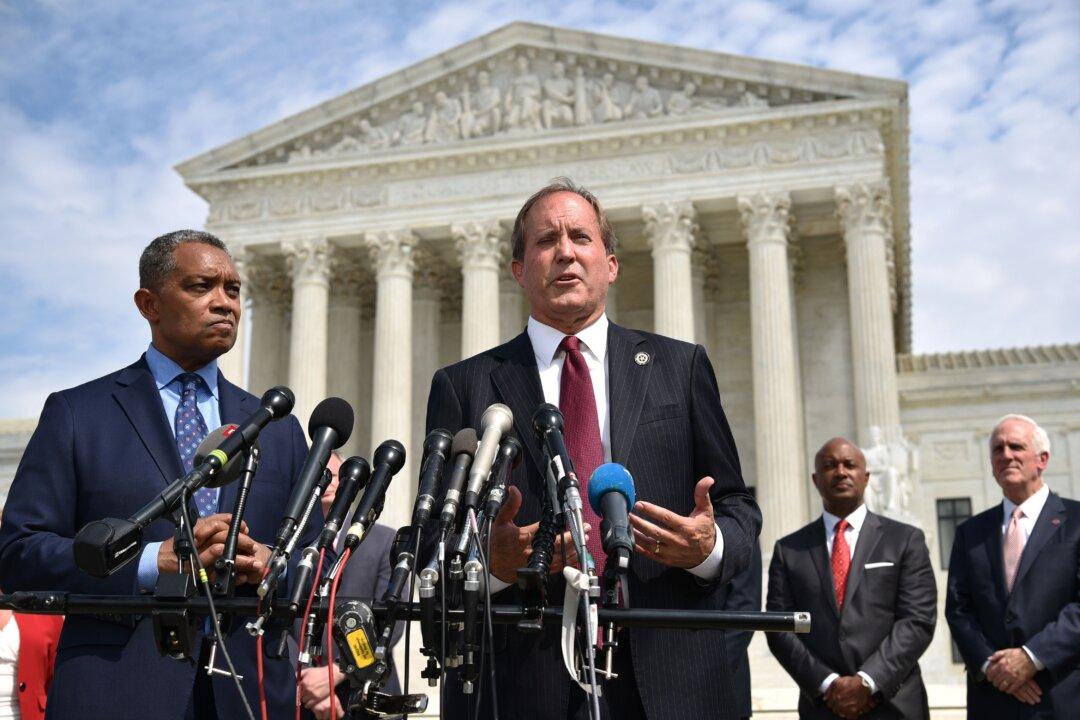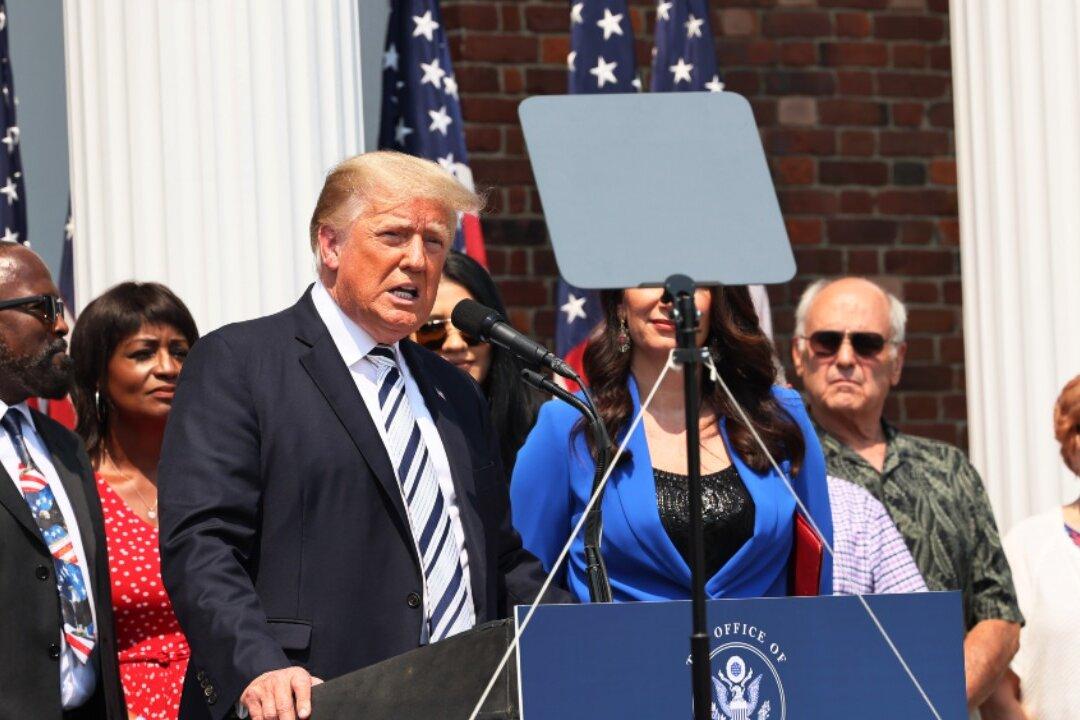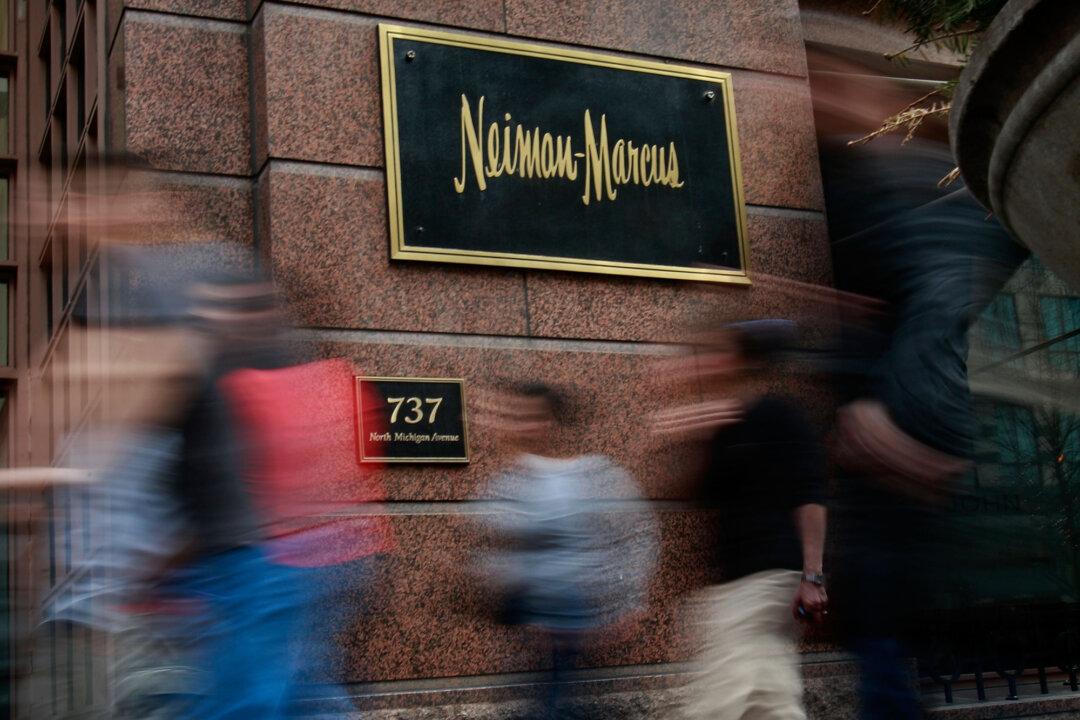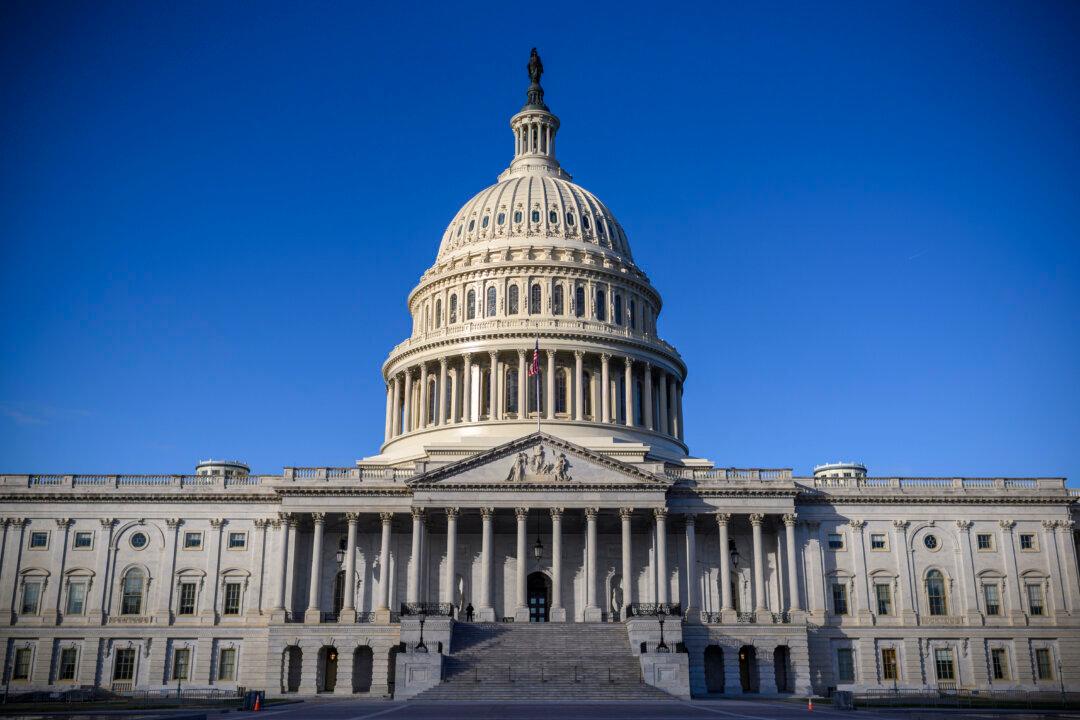Texas Attorney General Ken Paxton expressed his certainty in winning an antitrust case Texas filed against Google, which alleges illegal monopolistic practices.
Paxton talked with Breitbart about the lawsuit against the tech giant. He was asked to comment on a proposal from Florida Governor Ron DeSantis that would allow big tech companies to be fined or sued for specific content-policing decisions.




